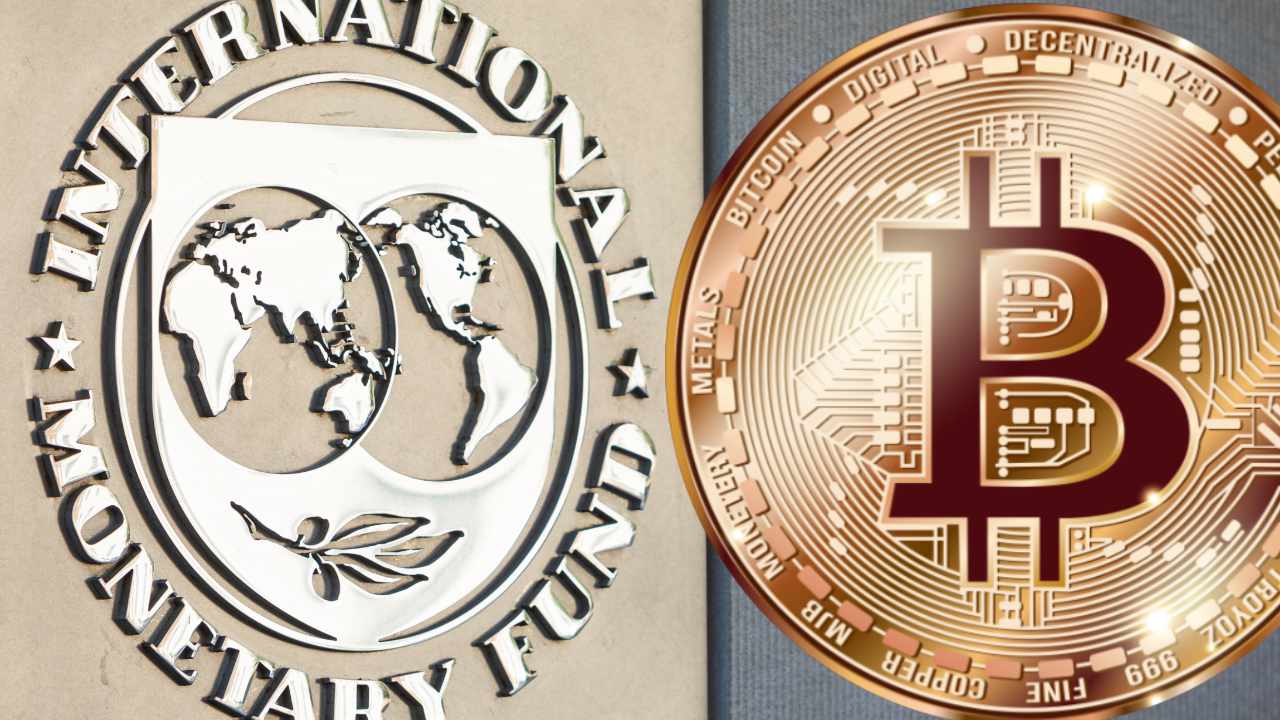
It is known that the world and state money regulation organisms do not see cryptocurrencies with sympathy, new prohibitions, resolutions, plans, and recommendations are constantly known with the aim of regulating them and even discouraging their use.
In this sense, the comments and speculations about the regulatory framework and the announcement of the digital dollar that President Biden just signed just a day ago still resonate.
Here in Argentina, details of the memorandum of understanding between the International Monetary Fund and the national government are being known where, among other various topics, a theoretical framework is proposed for the use of crypto actives and their relationship with money laundering and stability. financial.
Attentive to the fact that cryptographic activity is booming in the country and the adoption of cryptocurrencies has taken us to the top positions in the world, the NGO Bitcoin Argentina has just requested a request for access to public information from the nation's Ministry of Economy to know the measures that could be carried out as a result of the aforementioned memorandum.
In other words, the IMF plan would imply discouraging the use of cryptocurrencies by arguing issues related to economic crimes, illicit, fraud, and money laundering.
Rehearsing a forceful response, the aforementioned NGO affirms that throughout 2021 only 0.15% of cryptocurrency operations in the country were related to some type of crime such as those mentioned above, well below the percentage that in the same period was has proven with traditional fiat money transactions.

Without going into detail about the benefits and transparency of the blockchain for recording transactions, the argument is fallacious and falls under its own weight, even more so if we consider that the informal economy currently exceeds 40% of all activity in the country. economic.
All of us who use cryptocurrencies on a daily basis are convinced that the path does not go through disincentives and prohibition, on the contrary, joint work between the public and private sectors is absolutely necessary to take advantage of all the good that decentralized finance has been showing and where the potential is enormous and will surely contribute decisively to the improvement of the country's economy and the individual development of its inhabitants.

Es conocido que los organismos mundiales y estatales de regulación del dinero no ven con simpatía a las criptomonedas, permanentemente se conocen nuevas prohibiciones, resoluciones, planes y recomendaciones con el objetivo de regularlas y hasta desalentar su uso.
En ese sentido aún resuenan los comentarios y especulaciones sobre el marco regulatorio y el anuncio del dólar digital que el presidente Biden acaba de firmar hace tan solo un día.
Aquí en la Argentina, se están conociendo detalles del memorándum de entendimiento entre el Fondo Monetario Internacional y el gobierno nacional donde entre otros temas diversos, se plantea un marco teórico para el uso de los criptoactivos y su relación con el lavado de dinero y la estabilidad financiers.
Atentos a que en el país la actividad criptográfica está en auge y la adopción de criptodivisas nos ha llevado a los primeros puestos en el mundo, la ONG Bitcoin Argentina acaba de solicitar un pedido de acceso a la información pública al ministerio de economía de la nación para conocer las medidas que podrían llevar adelante como consecuencia del citado memorándum.
En otras palabras, el plan del FMI implicaría desalentar el uso de criptomonedas arguyendo temas relacionados con delitos económicos, ilícitos, fraude y lavado de activos.
Ensayando una respuesta contundente, la mencionada ONG afirma que durante todo el 2021 tan solo un 0.15% de las operaciones con criptodivisas en el país estuvieron relacionadas con algún tipo de delito como los mencionados precedentemente, muy por debajo del porcentaje que en el mismo período se ha comprobado con las transacciones tradicionales con dinero fiat.
Sin entrar en detalle sobre las bondades y trasparencia de la blockchain para el registro de las transacciones, el argumento es falaz y cae por su propio peso, más aún si pensamos que actualmente en el país la economía informal supera el 40% de toda la actividad económica.
Todos los que utilizamos a diario criptomonedas estamos convencidos que el camino no pasa por el desincentivo y la prohibición, por el contrario, el trabajo conjunto entre el sector público y el privado es absolutamente necesario para aprovechar todo lo bueno que las finanzas descentralizadas vienen demostrando y donde el potencial es enorme y seguramente contribuirá decididamente a la mejora de la economía del país y el desarrollo individual de sus habitantes.
Las fotografías son de mi propiedad excepto las que menciono la fuente.
The photographs are my property except those mentioned by the source.
Héctor Gugliermo
@hosgug
Posted Using LeoFinance Beta